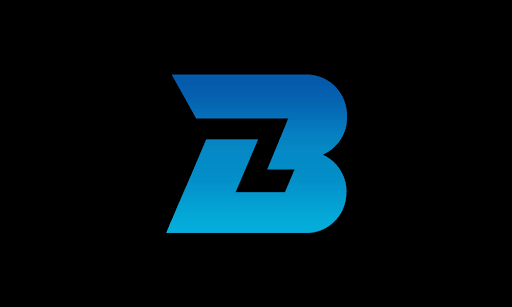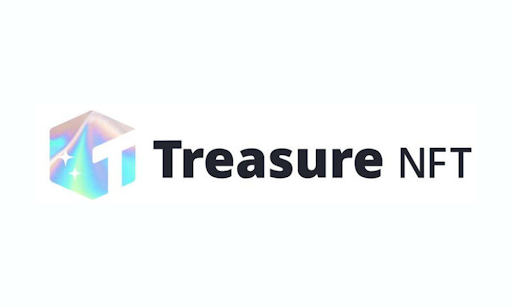Origin DAO Approves $3 Million OGN Buyback Program to Drive Sustainable Token Value

Origin DAO unanimously approved a governance proposal to deploy over $3 million worth of treasury assets for OGN token buybacks on June 16, 2025. According to Coincu, this decision follows a previously passed proposal to allocate 100% of protocol revenue to such buyback actions. The move represents a shift from emissions-based rewards to real yield generation through DAO-owned assets and protocol revenue.
The buyback program will run for 12 months and aims to create sustainable returns for token holders. Treasury assets will first be converted into Origin-owned assets like OUSD or OETH before being used for market purchases of OGN tokens. This strategy allows treasury holdings to maintain appreciation potential while supporting regular buybacks.
Market Response and Token Performance
Origin Token currently trades at approximately $0.05 with a market capitalization of $38.74 million. The 24-hour trading volume reached $13.2 million, representing a 19.57% decrease from the previous period. Short-term price action shows a 3.19% increase over 24 hours, despite a 6.84% decline over the past week and a 16.81% drop over three months.
BeInCrypto reports that token buyback strategies have gained momentum across the cryptocurrency sector in 2025. Several major protocols including Aave, dYdX, and Jupiter have implemented similar programs. Aave announced new Aavenomics in March 2025, shifting from staking rewards to token repurchases to reduce supply. Hyperliquid plans to repurchase $600 million worth of tokens annually using 50-100% of transaction fees.
Broader Industry Adoption of Buyback Mechanisms
The cryptocurrency industry has embraced buyback programs as a method to create token scarcity and price stability. Cointelegraph explains that crypto buybacks differ from traditional stock buybacks through automated execution via smart contracts. This provides transparency and guaranteed implementation compared to traditional corporate buybacks.
Security.org data shows cryptocurrency ownership among American adults reached 28% in 2025, representing approximately 65 million people. Bitcoin, Ethereum, and Dogecoin remain the most widely held currencies, though Ethereum has lost some market share to competing platforms like Solana.
Market analysis from InvestingHaven projects continued bullish trends for major cryptocurrencies in 2025. Bitcoin is forecasted to trade between $80,440 and $151,200, while institutional adoption and regulatory clarity drive broader market acceptance.
Impact on DeFi and Traditional Finance Integration
The Origin DAO buyback reflects broader trends in decentralized finance protocol development. Grand View Research estimates the global DeFi market size at $20.48 billion in 2024, projected to reach $26.94 billion in 2025 with a compound annual growth rate of 53.7%.
DeFi protocols increasingly integrate with traditional financial systems through collaborative products that combine blockchain transparency with conventional finance reliability. Global Trade Magazine notes that Layer 2 solutions and cross-chain functionality expand DeFi accessibility while reducing transaction costs.
Traditional financial institutions show growing interest in DeFi applications. The retail and luxury goods industries demonstrate 80% acceptance rates for cryptocurrency payments. Platforms like Uniswap and dYdX see widespread adoption among crypto hedge funds, with usage rates of 75% and 40% respectively.
Long-term Implications for Protocol Economics
Origin's transition from inflationary token emissions to revenue-backed buybacks represents a maturation in DeFi tokenomics. Coinshift research indicates buyback programs help protocols manage token supply while transferring value directly to holders. This approach addresses volatility concerns and creates sustainable economic models for long-term growth.
The success of Origin's program could influence other protocols to adopt similar value-accrual mechanisms. Market observers anticipate increased regulatory clarity in 2025 will encourage more institutional investment in DeFi projects with transparent tokenomics. Solulab analysis suggests that protocols with clear value propositions and sustainable economics will outperform those relying solely on speculative token appreciation.
Cross-chain interoperability continues developing as a priority for DeFi protocols in 2025. Origin's multi-chain capabilities position the protocol to capture value across different blockchain ecosystems as the industry moves toward greater integration between networks.
Related Reading on DAO Times
For readers interested in understanding the broader ecosystem of tools powering decentralized autonomous organizations like Origin DAO, DAO Times provides a comprehensive guide to DAO tooling for 2025. This resource covers treasury management platforms, governance systems, and community coordination tools that enable DAOs to operate effectively. The guide examines how modern DAOs have evolved beyond simple token-weighted voting to sophisticated organizational structures with reputation systems, specialized working groups, and AI-integrated operations management.





